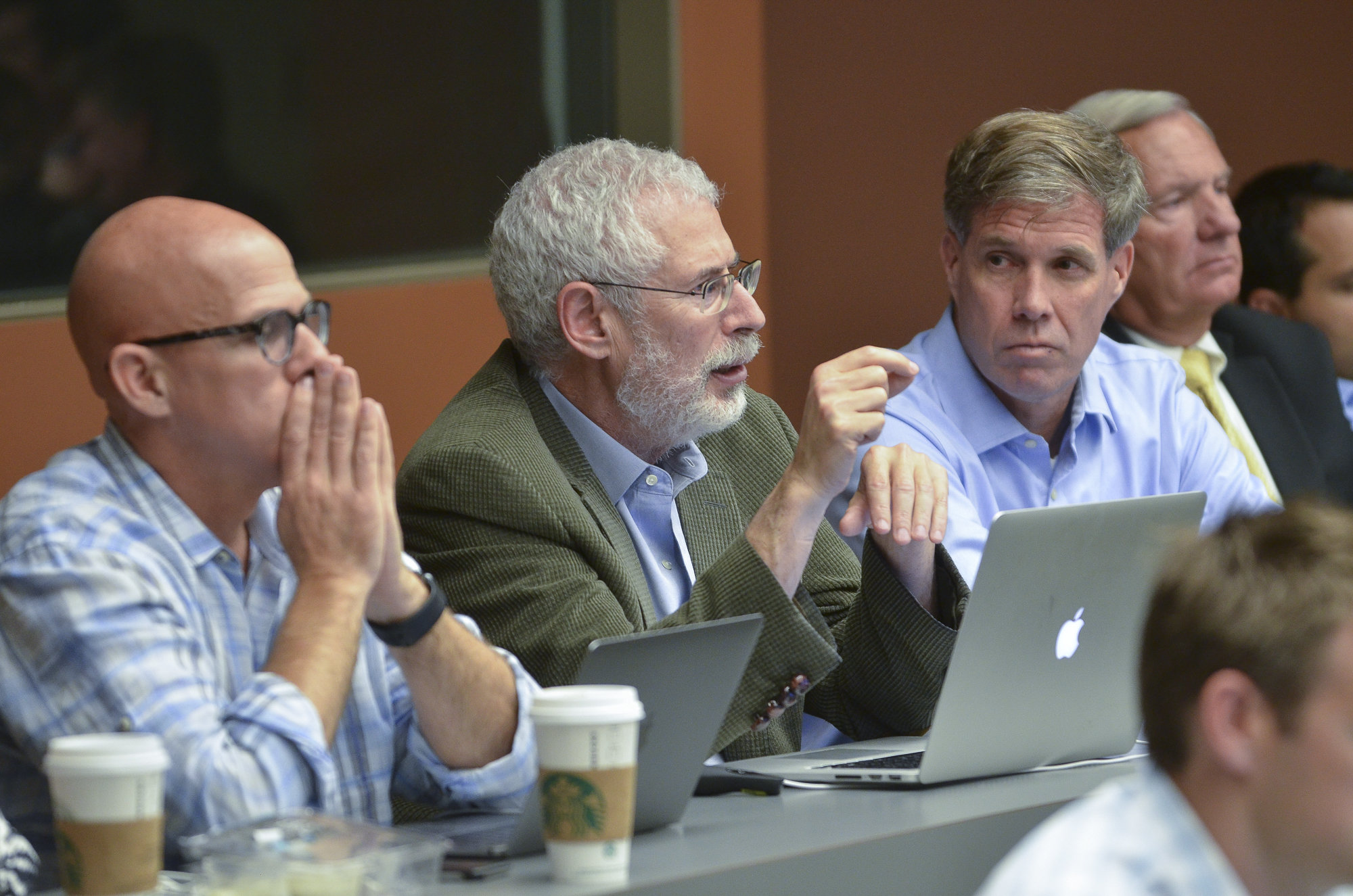The Challenge
The U.S. national security establishment is at risk of being disrupted.
Advances in technologies such as artificial intelligence, autonomy, and quantum information science are fundamentally changing the nature of armed conflict. The equipment and doctrines that the United States has relied on since the end of the Cold War may not serve the country well in future conflicts. Elsewhere, changes in social media, cyber security, and satellite imaging challenge the traditional role of the intelligence community. And in today’s ever accelerating world, nontraditional security challenges including climate change to food security threaten both domestic and international security.
The leadership of government agencies including the Department of Defense have come to grips with the fact that the world is changing at an unprecedented pace. Each agency has promulgated new strategies to address the implications of great power competition, technological change, and nontraditional security threats. And yet, it is not enough to keep pace.
The solutions we need will come from bridging the government’s, and in particular the military’s, heretofore standalone innovation efforts. There is an urgent need to harness the full potential of academia, industry, and government and bring these resources to bear more effectively. We must move with speed and alacrity to connect silos across and within government to the best and brightest talent, tools, technology, and processes in the private sector and academia.
Who We Are
The Gordian Knot Center (GKC) for National Security Innovation was conceived to meet the challenges posed by a new era of great power competition and transnational security challenges in a rapidly changing world. Housed at Stanford University and in the center of America’s innovation ecosystem, the Gordian Knot Center will empower efforts to prepare America and its partners and allies to compete in an uncertain future.
Over the last decade we’ve created a series of classes in entrepreneurship, rapid innovation, and national security:
- Lean LaunchPad
- I-Corps
- Hacking for Defense
- Hacking for Diplomacy
- Technology, Innovation and Great Power Competition (previously Technology, Innovation and Modern War)
These classes have been widely adopted, across the U.S. and globally.
Simultaneously, each of us was actively engaged in helping different branches of the government understand, react, and deliver solutions in a rapidly changing and challenging environment. It’s become clear to each of us that for the first time in three decades, the U.S. is now engaged in a Great Power Competition. We’re behind and we must do something.


